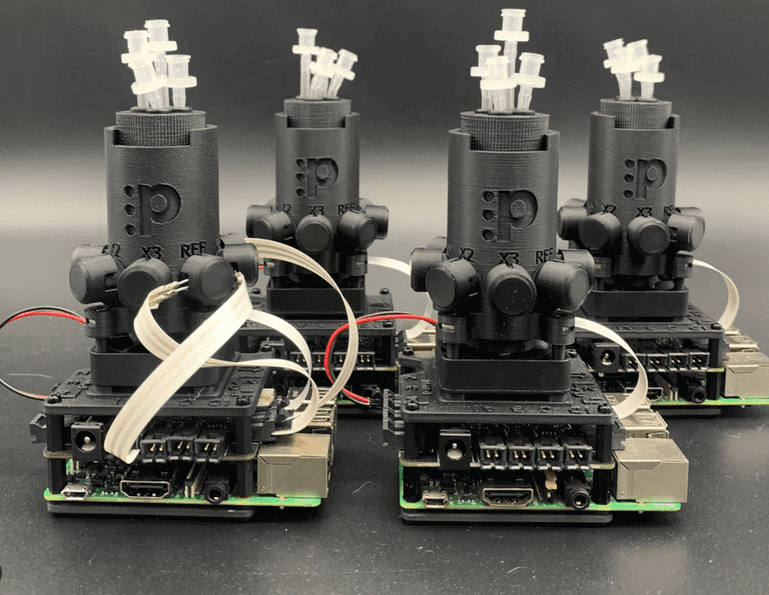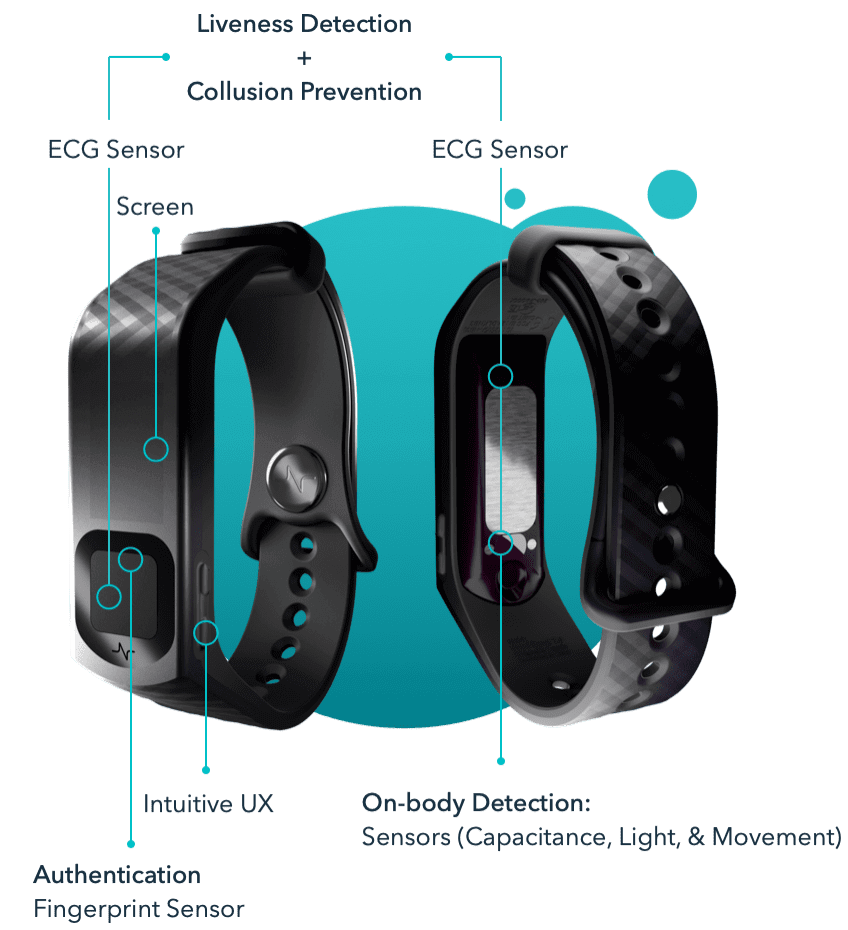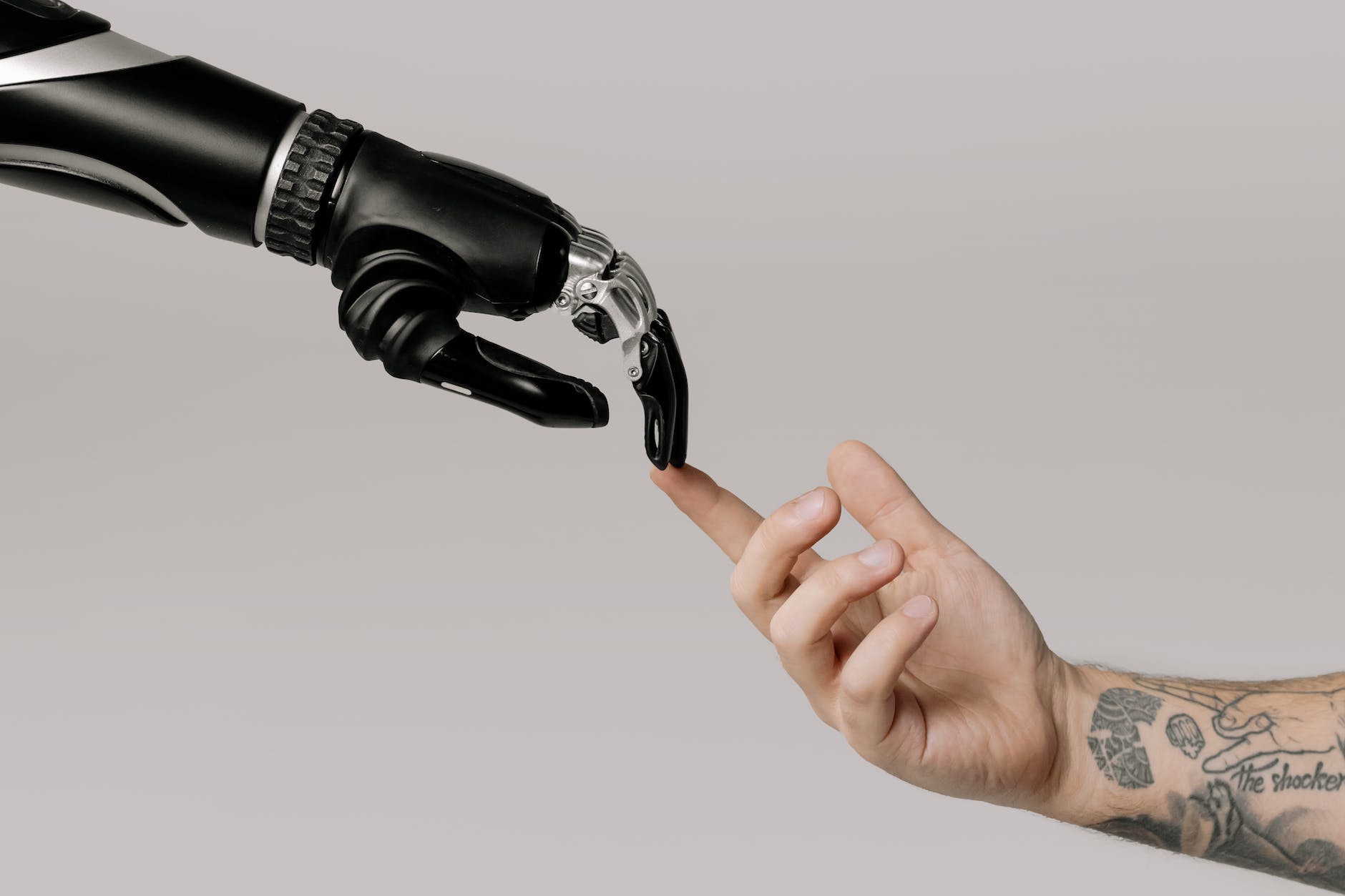The Pioreactor: Revolutionizing Biotechnology at Home The Pioreactor, a groundbreaking innovation in the field of biotechnology, has brought the power of scientific experimentation right into the homes of enthusiasts and professionals alike. This compact and user-friendly device is changing the way researchers conduct experiments, paving the way for new discoveries and advancements in various fields. What is the Pioreactor? The Pioreactor is a fully automated, open-source fermentation device that provides an ideal setting for cultivating microorganisms. It allows users to monitor and control various parameters such as temperature, pH, and…
Read MoreMonth: August 2023
Why Chinese Hamster Ovaries are used in the pharmaceutical industry?
Chinese hamster ovary (CHO) cells are commonly used in the pharmaceutical industry for the production of therapeutic proteins. There are several reasons for this: It is important to note that while CHO cells are widely used, other cell lines such as human embryonic kidney (HEK) cells and insect cells (baculovirus expression system) are also utilized in the pharmaceutical industry for protein production. The choice of cell line depends on factors such as the nature of the protein being produced, production requirements, and regulatory considerations.
Read MoreUpstream vs Downstream – Pharmaceutical Manufacturing Explained
Upstream and downstream are terms used in pharmaceutical manufacturing to describe different stages of the production process. Upstream refers to the initial stages of manufacturing, which involve the cultivation and growth of cells or organisms that produce the desired drug or therapeutic substance. This can include activities such as cell line development, fermentation, and primary purification. Downstream refers to the subsequent stages of manufacturing, which involve the purification, separation, and processing of the drug substance obtained from upstream processes. Downstream activities typically include filtration, chromatography, crystallization, and formulation. In summary,…
Read MoreUsing IIoT and AI in Manufacturing
IIoT (Industrial Internet of Things) refers to the network of interconnected devices, sensors, and machines in industrial settings. It enables the collection, analysis, and sharing of data to improve efficiency, productivity, and decision-making. AI (Artificial Intelligence) can be integrated with IIoT to enhance manufacturing processes in several ways: In summary, the combination of IIoT and AI in manufacturing allows for improved predictive maintenance, enhanced quality control, optimized production, intelligent automation, and product innovation. This integration can drive operational excellence, cost savings, and competitive advantages in the manufacturing industry. OPEN Source…
Read MoreNymi Bands – Potential uses within the Pharmaceutical Industry
Nymi Bands, with their advanced wearable technology, have the potential to offer several valuable use cases in the pharmaceutical industry, especially when integrated with Manufacturing Execution Systems (MES). Here are a few potential uses for Nymi Bands in the pharmaceutical industry with MES: It is important to note that the integration of Nymi Bands with MES in the pharmaceutical industry would require careful consideration of security, data privacy, regulatory compliance, and validation processes to ensure the integrity and effectiveness of these solutions. Learn more about Nymi bands at https://www.nymi.com/
Read MoreAchieving Near-Zero Downtime Upgrades: A Crucial Goal for MES Systems in Manufacturing
In the fast-paced world of manufacturing, uptime is a prized commodity. Every minute of downtime can lead to lost revenue, production delays, and compromised customer satisfaction. For 24/7 manufacturing plants reliant on their Manufacturing Execution Systems (MES) to streamline operations, the importance of minimal downtime during upgrades or maintenance cannot be overstated. As an expert in the MES industry, I’m here to shed light on the challenges and potential solutions for achieving near-zero downtime upgrades in this critical domain. The Significance of Near-Zero Downtime UpgradesMES systems serve as the backbone…
Read MoreWhat a Smart Factory looks like in 2023
A smart factory in 2023 is expected to be highly advanced, heavily automated, and deeply interconnected. Building upon the technologies of today, a smart factory in 2023 will likely possess the following characteristics: The aforementioned characteristics provide a glimpse into the expected advancements in smart factories by 2023. However, it’s important to note that technological progress can vary across industries and companies, and the actual implementation of smart factories will depend on specific needs and priorities.
Read MoreMESEngineer.com is looking for volunteer staff!
Forum Staff We are looking for staff to help generate starter posts and moderate forum content for the generalized sections and in areas of MES expertise. Discord Moderators We need volunteers to help manage and moderate our discord channels. Content creators & graphics designers We need folks to write news articles, generating technical content, and create logos and other content.
Read MoreTips to improve SQL Server Performance
SQL Server is a powerful database management system used by many organizations to store and retrieve data efficiently. However, as your database grows and the workload increases, it’s important to optimize SQL Server performance to ensure smooth and fast operation. Here are some tips to help you improve the performance of your SQL Server. By following these tips, you can improve the performance of your SQL Server and enhance the overall efficiency of your database operations. Remember to always test and validate any changes in a non-production environment before applying…
Read MoreUsing AI for Pharmaceutical Manufacturing
The incorporation of AI in the pharmaceutical industry has the potential to revolutionize manufacturing processes, leading to significant advancements in saving lives. Here are some ways AI can facilitate this transformation: In conclusion, the integration of AI in the pharmaceutical industry has the potential to transform manufacturing processes and positively impact patient outcomes. From accelerating drug discovery to optimizing supply chains and enabling personalized medicine, AI brings forth new opportunities to save lives and improve healthcare on a global scale.
Read More









